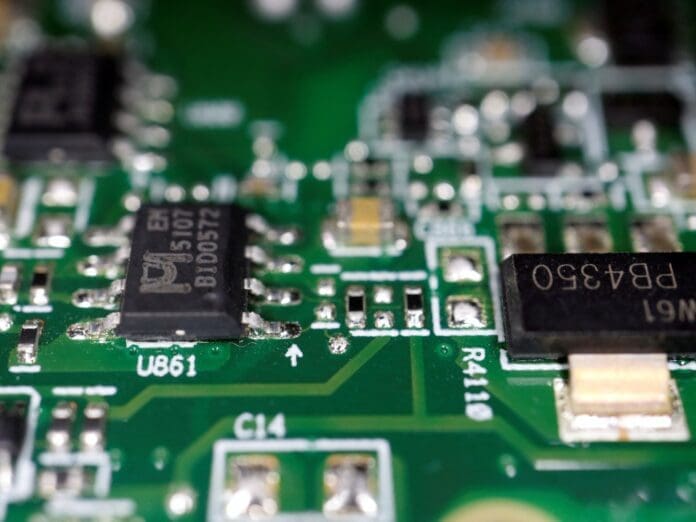In Vietnam’s quest to become a key player in the global semiconductor supply chain, Prime Minister Pham Minh Chinh recently visited Silicon Valley to cozy up to industry giants such as Synopsys and Nvidia. The government has been making efforts to attract semiconductor investment, including offering tax incentives for high-value-added products. With plans to train more engineers and collaborate with tech corporations, Vietnam aims to rival the dominance of Taiwan and South Korea in the semiconductor industry.
Despite the influx of foreign capital and partnerships with companies like Nvidia and Samsung, Vietnam faces challenges such as a limited pool of skilled labor and energy insecurity. The country’s energy infrastructure is outdated and struggles to meet the growing demand, posing a significant hurdle for semiconductor production. Additionally, European regulations on carbon emissions could impact European investment in Vietnam as long as the country relies heavily on coal for energy.
While Vietnam has the advantage of young and skilled human resources, it must address the issues of energy security and infrastructure to fully realize its semiconductor ambitions. The competition from neighboring countries like Malaysia, Singapore, Indonesia, and Thailand adds urgency to Vietnam’s efforts to establish itself in the global chip supply chain. As the country continues to navigate these challenges, the support and investment from international partners will play a crucial role in Vietnam’s semiconductor industry development.
